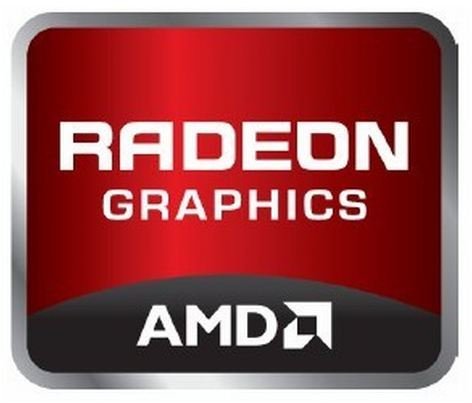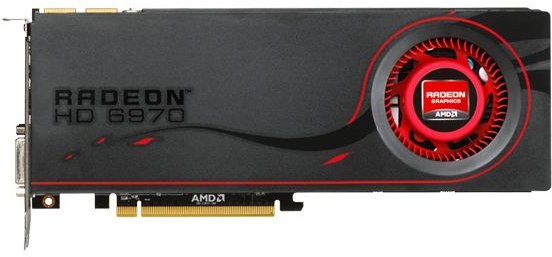Radeon 6950 Review / Radeon 6970 Review
A Brief Overview
AMD’s latest addition to its video card lineup has arrived in the form of the Radeon 6950 and 6970. These high-end video cards have a single power GPU and are the true successors to the Radeon 5850 and 5870.
Up until now, AMD has kept the details of these video cards under wraps. As is typical, the final release product is dramatically different from previous AMD video cards. The improvements focus heavily on GPU compute capability. The SPU units found in each Stream Processor has been reduced from 5 to 4, but this is actually considered a performance improvement due to inefficiency in the 5 SPU design. In addition, AMD has included improvements like ECC memory protection and better double-precision floating-point performance. Nvidia already went this route with the GF100 chip, and AMD seems is following, although I’m not entirely sure why - it’s not clear this had been a success for the green team.
In any case, the Radeon 6950 and 6970 should now be the quickest single-GPU cards offered by AMD. So how do they stand up to the competition? Let’s find out in this Radeon 6900 series performance review.
Performance

The natural performance competition for these new Radeon video cards is Nvidia’s GTX 570 and 580 products. These high-end single-GPU video cards from the green team set performance records when they were released, and continue to provide stiff competition.
Benchmarks generally indicate that the fight between AMD and Nvidia is neck-and-neck. The Nvidia GTX 570 and the Radeon 6950 perform similarly, making it hard to recommend one over the other simply on the basis of performance. The gap between the cards is usually measured by two or three frames per second.
The Radeon 6970 does not keep up with the GTX 580 in most games. In Metro 2033, for example, the GTX 580 beats the Radeon 6970 consistently. The gap is again small, but unlike the competition between the GTX 570 and the Radeon 6950, the GTX 580 clearly offers a few extra frames per second in nearly every game at any resolution.
Personally, I found the performance numbers somewhat disappointing. Most disappointing was the fact that the new 6900 series cards are often just a few frames per second quicker than the old 5800 series cards. However, raw performance is always tempered by value.
Bang for the Buck

Value always matters. Most of use have limited cash that can be used to indulge our gaming habit, so we naturally want to buy a video card that provides as much bang for the buck as possible.
The Radeon 6950 has an MSRP of $299. As of this writing (Dec 15, 2010), Newegg listed five cards at this price, of which three were in stock. Only one other 6950 was available and in stock, and it was priced at $309.
The Radeon 6970 has an MSRP of $369. As of this writing, Newegg listed four cards at this price, of which three were in stock. Two other cards were available for $379.
The Nvidia GTX 570 is at $349, and the GTX 580 is at a whopping $509. Given these prices, the Radeon 6950 is the clear winner. It offers performance about the same as the GTX 570 for $50 less. The Radeon 6970 is competitive with the GTX 570, as it is quicker in many benchmarks, but only slightly so. The slightly more expensive price therefor seems appropriate. The GTX 580 clearly loses any value argument.
Keep in mind that prices can change at any moment, so please double-check before buying.
Verdict (4 out of 5)
The new Radeon 6900 series cards are, on the whole, a strong showing from AMD. They’re not the ground-breaking performance hotrods I anticipated, but the most expensive option is only $369. This is a return to the value-minded approach that made the Radeon 4000 series products so popular.
The Radeon 6950 is the card to buy at the moment. It’s extremely quick, but reasonably priced. It’s hard to make a case for the GTX 570 or even the Radeon 6970 in comparison, as they’re only slightly quicker but not slightly more expensive.